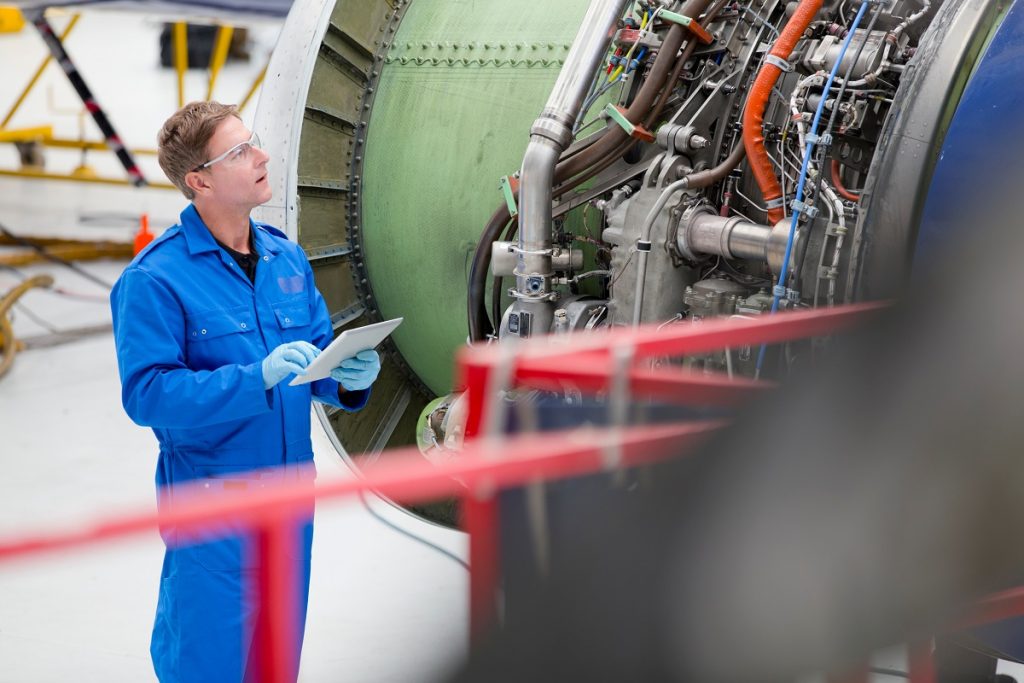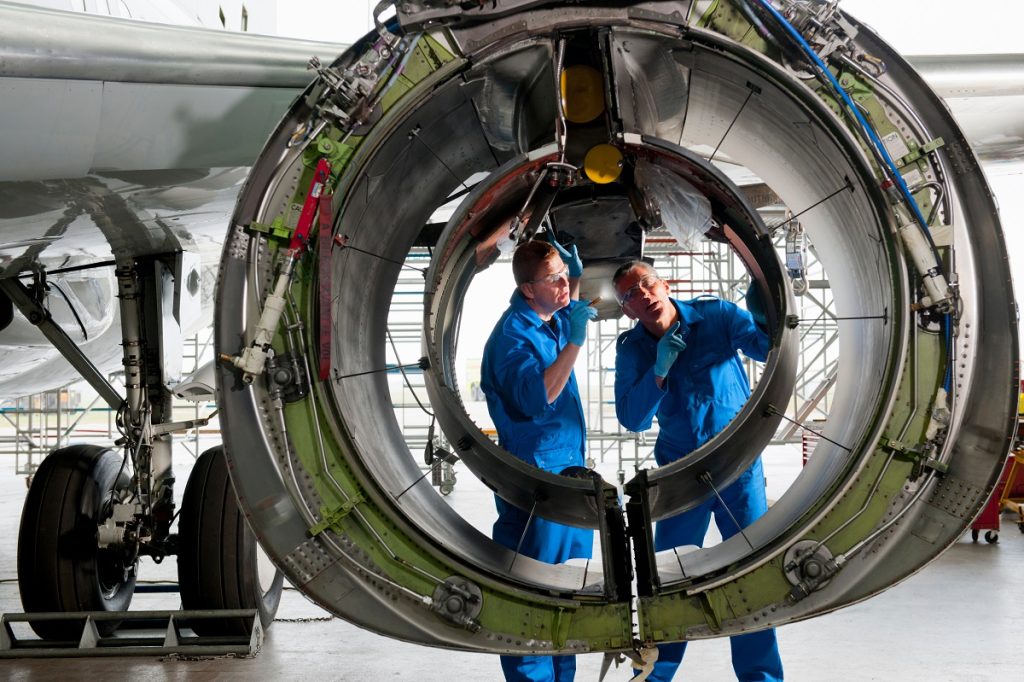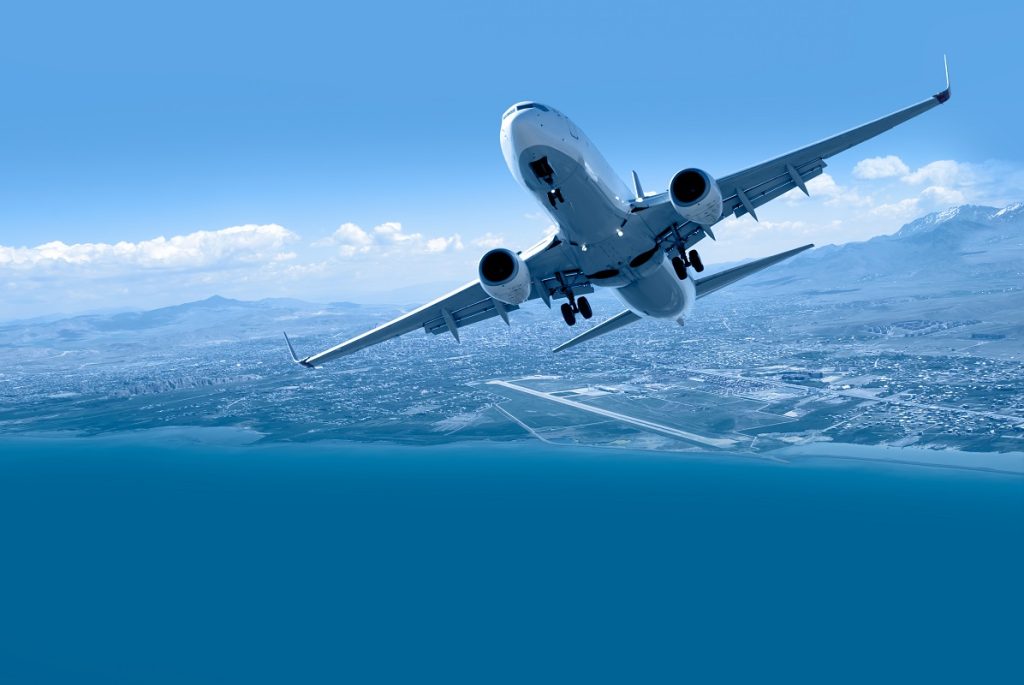- Quality control and compliance are essential to ensure aircraft safety and performance for effective aviation maintenance.
- Aviation personnel must understand regulations as well as maintain compliance with regulatory standards.
- Documentation and quality control measures are necessary to track maintenance activities and identify potential safety issues.
- Training and skill development are essential to build a skilled workforce capable of performing effective aviation maintenance.
- Collaboration with other departments, aircraft operators, pilots, manufacturers, suppliers, and service providers is necessary for efficient aviation maintenance practices.
Aviation maintenance ensures an aircraft’s continued safety, reliability, and performance. Proper maintenance practices can help reduce the risk of accidents, improve operational efficiency, and increase the aircraft’s longevity.
Moreover, aviation maintenance is essential for various reasons, primarily to ensure the safety of aircraft, crew, and passengers. Airplanes are complex machines requiring regular maintenance and inspections to determine airworthiness.
Maintenance involves inspecting, repairing, replacing, and testing aircraft components and systems. Everyday maintenance practices help to identify and fix potential issues that could lead to accidents or operational inefficiencies.
Effective maintenance practices also help airlines to save on maintenance costs, improve safety, and reduce aircraft downtimes. Adequate aviation maintenance requires proper planning, organization, maintenance personnel, and equipment. It’s an ongoing process that should occur throughout an aircraft’s life cycle.
This blog post will explore essential tips for effective aviation maintenance to ensure aircraft safety and performance.
Quality Control and Compliance
Effective aviation maintenance requires strict quality control measures and compliance with regulatory standards. The role of quality control is to ensure that all maintenance activities are performed safely, consistently, and efficiently.
This involves establishing processes and procedures that adhere to industry standards, including Federal Aviation Administration (FAA) regulations and guidelines.
Maintaining Compliance With Regulatory Standards
Maintaining compliance with regulatory standards starts with understanding the rules and regulations that apply to aviation maintenance. This requires updating knowledge regularly about regulatory changes affecting aviation, particularly in safety and maintenance practices.
It is also essential to have a team of skilled and knowledgeable personnel who can comply with these regulations.
Establishing Quality Control Measures
Quality control is a fundamental component of effective aviation maintenance. Quality control measures are procedures and processes that ensure maintenance activities are performed consistently and safely.
In addition, quality control measures cover all aspects of aircraft maintenance, from pre-flight checks to post-flight inspections.
Documenting Maintenance Activities and Records
Proper documentation is essential for effective aviation maintenance. Documentation is required to comply with regulatory standards, track maintenance activities, and identify potential safety issues.
Accurate and complete maintenance records provide insight into the aircraft’s maintenance history, helping to identify wear and tear patterns and possible failure points.
Training and Skill Development

Training and skill development are essential to build a skilled workforce capable of performing effective aviation maintenance. This also ensures personnel have the skills, knowledge, and competencies to perform their tasks.
Professional development is also necessary to keep personnel up-to-date with the latest maintenance practices, equipment, and technology.
Importance of a Skilled and Knowledgeable Workforce
The aviation industry requires a skilled and knowledgeable workforce because maintenance issues can quickly escalate into safety hazards.
A skilled workforce ensures that maintenance activities are carried out safely, accurately, and efficiently. Knowledgeable personnel can identify potential issues and take appropriate corrective actions before significant problems occur.
Training Programs and Certifications for Aviation Maintenance Personnel
There are many training programs and certifications available for aviation maintenance personnel. The FAA offers certification programs for aviation maintenance technicians, inspectors, and maintenance specialists.
Additional programs include training on specific equipment, such as avionics and engines.
Ongoing Professional Development and Staying Updated with Industry Advancements
The aviation industry constantly changes with new technologies, equipment, and techniques. Therefore, ongoing professional development is essential for aviation maintenance personnel.
Staying up-to-date with industry advancements gives personnel the skills and knowledge to troubleshoot problems and maintain modern aircraft.
Effective Communication and Collaboration
Maintenance teams must collaborate and communicate effectively with other departments and personnel to maintain the aircraft. A coordinated maintenance team ensures that each member can access essential information, such as maintenance logs, parts history, and any open maintenance issues.
Communication Between Maintenance Teams and Other Departments
In most aviation operations, the maintenance team collaborates with other departments, such as engineering, processes, and logistics. Effective communication across these departments is critical to prevent problems and respond promptly to maintenance issues.
Coordinating With Aircraft Operators and Pilots
Collaborating with aircraft operators and pilots can help the maintenance team gain insights into potential problems affecting the aircraft.
Though the maintenance team is responsible for repairing and maintaining the aircraft, the pilots and operators are better equipped to identify potential issues that could impact the aircraft’s performance and safety.
Collaborating With Manufacturers, Suppliers, and Service Providers
Aviation maintenance involves various parties, including manufacturers, suppliers, and service providers.
These parties can provide critical maintenance services, such as manufacturing aircraft components, supplying spare parts, and servicing aircraft systems. Choosing providers with a reputation for reliability, quality, and customer service is essential.
Utilizing Reliable Aerospace Parts Manufacturers
Partnering with a reliable aerospace parts manufacturer can guarantee aircraft components’ quality, reliability, and consistency. Utilizing quality parts can save time and money by minimizing the need for repairs and reducing the risk of safety issues.
When you partner with a reliable aerospace parts manufacturer, you can benefit from their expertise and experience. You can ensure their parts are safe and effective and meet the required quality standards.
An excellent quality aerospace parts manufacturer can provide better customer support, faster shipping, and ensure that they have sufficient product stock.
Ensuring the Quality and Reliability of Aircraft Components

The quality and reliability of aircraft components are essential to the safety and performance of an aircraft. By ensuring that the aircraft components are up to standard and kept in ideal condition, you can prevent incidents, minimize repairs, and improve the performance of your aircraft.
Hence, inspecting and maintaining the aircraft components regularly is essential.
Building Long-Term Relationships With Trusted Manufacturers
Building long-term relationships with trusted aerospace parts manufacturers can help your business maintain top-quality standards in the aircraft maintenance process.
The relationship built can help establish trust, improve communication, provide access to the latest parts technology and developments, and reduce the chances of defective parts.
Effective aviation maintenance is crucial to ensure aircraft safety and performance. Quality control measures and compliance with regulatory standards help to ensure that maintenance activities are performed safely, consistently, and efficiently.
Proper documentation tracks maintenance activities and identifies potential safety issues, while training and skill development lead to a skilled and knowledgeable workforce. Personnel must engage in ongoing professional development to stay up-to-date with industry advancements.
By following these, aviation companies can maintain their aircraft safely and effectively, ensuring safe and reliable air travel for passengers and cargo alike.

